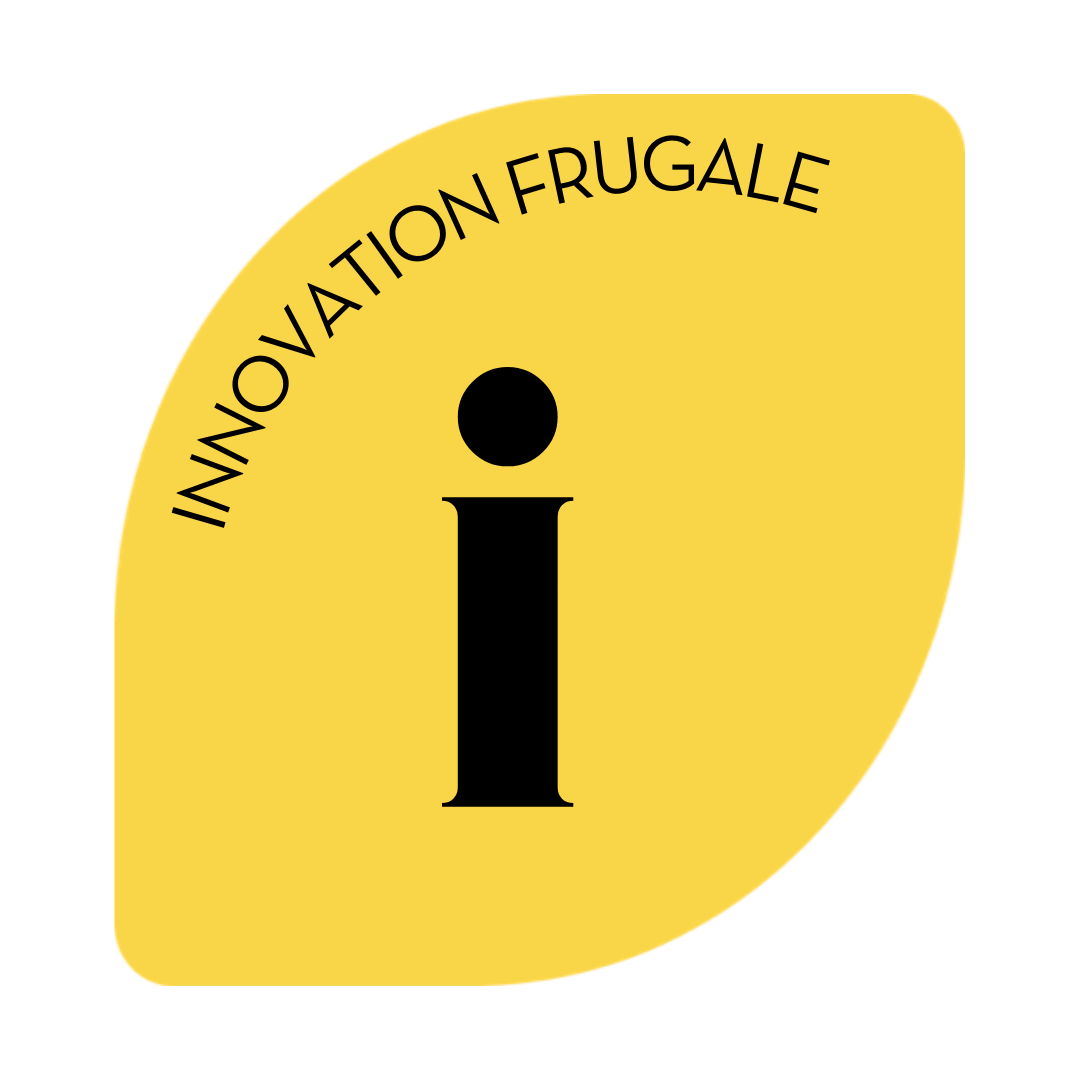WHAT IS IT?
Frugal innovation, also known as "low tech", is a form of innovation focused on efficiency, requiring few resources to achieve simple, optimal results. Characterized by their sustainability and ethics, these innovations meet a growing need for ecologically and economically responsible solutions.
The essence of frugal innovation translates into a "low-tech" approach that focuses on inclusiveness and accessibility.
AND IN BUSINESS? An essential marriage for a sustainable future
Today, the low-tech approach is mainly promoted by non-profit organizations and DIY (Do It Yourself) enthusiasts. The solutions proposed are aimed primarily at individuals and micro-businesses, leaving large corporations largely outside this movement. However, it is of the utmost importance that the economic sector as a whole embraces the low-tech concept.
Why? Because it's not just about bringing innovative, sustainable products to market, it's also about rethinking the way businesses operate and consume resources. If big business doesn't align itself with this vision, the potential of low-tech to shape a sustainable future will remain largely untapped.
Companies therefore have the challenge, but also the opportunity, of integrating low-tech principles into both product design and day-to-day operations. This could mean developing eco-designed products, adopting energy-efficient manufacturing processes, or even implementing internal management systems that prioritize sustainability over rapid growth.
In short, the corporate world must adapt to the low-tech vision, not only to ensure its own sustainability, but also to play a crucial role in preserving our planet and ensuring a fair future for all.
A SPOKESPERSON FOR THE MOVEMENT? Corentin de Chatelperron: A pioneer of the Low Tech movement
Corentin de Chatelperron is much more than just an engineer: he's one of the great ambassadors of the low-tech movement. Passionate about frugal innovation, this adventurer has traveled the world, notably aboard his boat made from natural materials, to discover and promote simple, sustainable and energy-efficient solutions.
His quest led him to found the Low-tech Lab, a collaborative laboratory dedicated to documenting, testing and disseminating these frugal innovations. The project aims to show that simple technological solutions can effectively address some of our greatest contemporary challenges, both social and environmental.
Chatelperron and his team at the Low-tech Lab defend the idea that progress doesn't necessarily lie in complexity or sophistication, but often in elementary, accessible and environmentally-friendly solutions.
A collaborative directory is available on the website Low-tech Lab.
BEST PRACTICES?
Goodwill Management, in partnership with ADEME IDF, developed a study to explore the deployment potential of low-tech in a sample of ten Ile-de-France organizations. A white paper and individual fact sheets were published to summarize the low-tech solutions identified for each organization. Available at HERE to download.
WHY THE GLOSSARY?
Knowing an ecosystem often makes it easier to understand. The Zestissime Glossary aims to familiarize you with certain concepts and terminology specific to sustainable development.



